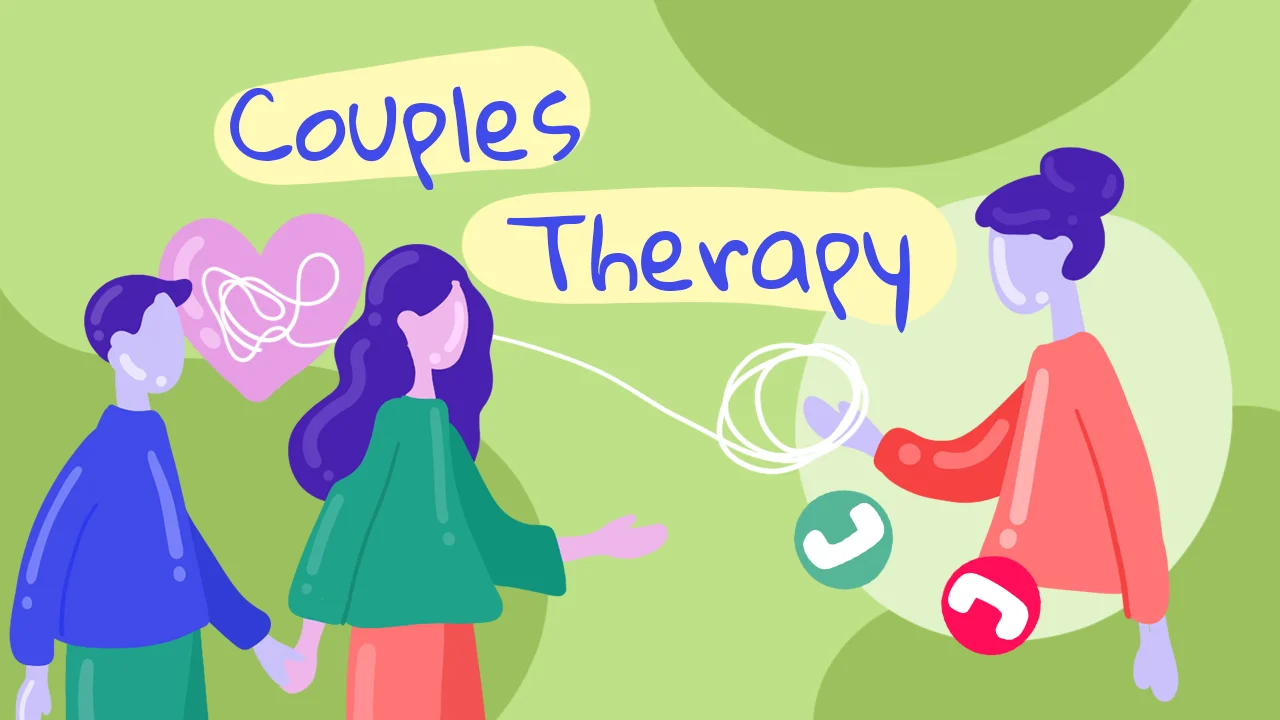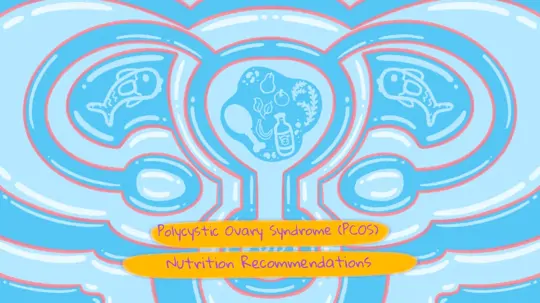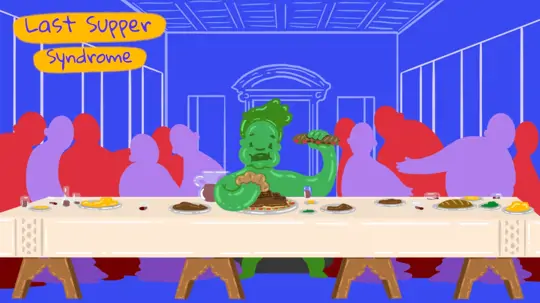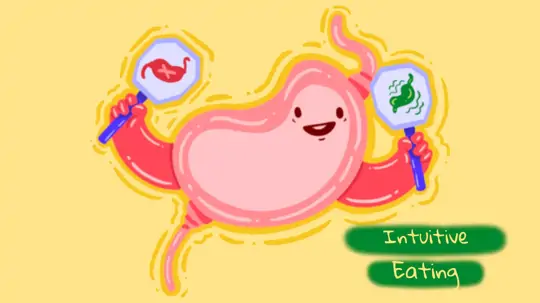
Start feeling better today!
Connect with your therapist today and take control of your life like our 850.000 happy clients.
Get StartedWhat is Couples Therapy?
We start getting to know each other when we are young, and relationships are a big part of our lives for the rest of our lives. As a result, every positive or negative event in every relationship we form has a significant impact on our physical and mental health1.
There are times when we just can't get out of a situation. Conflicts in our relationships never end and maybe they become permanent. After a certain point, we want to get help from a professional to solve our problems, both for the sake of our own mental health and for the health of our relationship. Couples therapy, in its most general sense, opens up a space for this.
Couple therapy is a sub-branch of psychotherapy. This therapy model can be referred to under the names of couple therapy, family and couple therapy, or marriage therapy, but as it can be understood from the names, it is one of the types of psychotherapy that mainly deals with couples, the relationship that couples build together, and the problems that arise in this relationship2.
Couples can usually apply to a couples therapist when certain relationship problems arise and they have difficulty in solving these problems as a couple3.
In couples therapy, the couple and the therapist talk about all parts of the relationship, observe the people in the relationship in the context of the relationship, and start looking for a solution together in a professional way3.
Who Can Go to Couples Therapy?
We don't have to be married or in a long-term relationship to go to couples therapy. The applications in this therapy model are suitable for anyone who is in a long-term or short-term relationship, who wants to increase the satisfaction they get from their relationship, or who has difficulty overcoming the problems in the relationship and wants to get professional support in this sense4.
When and Why Should You Go to Couples Therapy?
Another question that may come to mind about couples therapy is when and at what point we will seek a couples therapist. If you're starting to feel that problems in your relationship are piling up, it's a good idea to start couples therapy and intervene before the wounds in the relationship grow.

After all, a relationship has its own characteristics with two different people in it. Therefore, we may not be very clear about when and why our relationship needs the support of a couples therapist. In this way, some common times when a relationship therapist is needed are shown below1, 3:
- Unresolved and prolonged conflicts
- Infidelity and trust problems
- Divorce process or thinking about getting a divorce
- Problem solving and communication issues
- One of the partners having a mental health problem (depression, anxiety disorder, addiction, etc.)
- Conflicts over children
- The couple's desire to increase overall satisfaction with the relationship
- Problems with the intervention of the extended family in the relationship
- Psychological, economic, physical, etc. violence in the relationship
- Sexual, emotional, and intellectual problems
As you can see, the field of couples therapy is very broad, and many relationship problems can be the subject of couples therapy.
In order to increase the satisfaction we get from the relationship we are in, we may choose to go to couples therapy. We can get help from a couples therapist for all kinds of individual and relational problems we experience in a relationship.
Like most human relationships, romantic relationships develop and continue to be happier as they are worked on, as partners improve their communication skills, and grow together.
Can I Go to Couples Therapy Without My Partner?
Research shows that the benefit of couples therapy increases with the participation of both parties in the process. However, the process may not always start directly with the presence of both partners5.
First of all, the person can apply to a couples therapist for support regarding the relationship problems he or she is experiencing individually. Or one of the partners can meet the therapist alone due to existing conditions (for example, one of the partners does not want to be involved in the process), or both partners can meet with the therapist. This situation may change from time to time during the process and based on the course of therapy.

What is Gottman Couples Therapy?
Couple therapy includes various methods. Gottman couple therapy is one of the therapy methods that focuses on the relationship between couples in general. This therapy was developed from John Gottman's many years of experience working with couples.
One difference between this and other couples therapy methods is that in this method, the focus is on the feelings of the couple. Without knowing how people feel, you can't understand their relationship, figure out why problems happen, or come up with a way to fix them.
Using different therapy methods (behavioral, cognitive, existential, and dynamic) as the source of its applications, Gottman couple therapy focuses on the emotions of individuals. At the same time, behavioral patterns, interactions, and individual histories of people in the relationship are also discussed1, 6.
It has been proven by studies that this method is a powerful and important model in the field of couples therapy in international sources. However, there are still not enough sources and studies proving the effectiveness and validity of this therapy model in Turkey6.
How Should I Choose My Couples Therapist?
In general, it is important to do comprehensive research before starting a therapy process to avoid moral and material losses and to maximize the benefit we will receive. There are some points to consider when choosing a couples therapist.
First of all, although each individual and each relationship has similar characteristics, they are unique. Because of this, the couple therapist who will help them should be chosen based on the couple and the problem at hand.
Individuals are always free to choose their therapist. However, perhaps one of the most important points to keep in mind is that a person must be specialized in the field of couples therapy in order to be able to do couples therapy.
In clear terms, couples therapy can only be performed by mental health professionals who have completed the necessary training in couples therapy. Just four years of psychology education is not enough to become a couples therapist. In addition, you must finish the required training programs in the field of couples therapy and go through the required application processes.
Although couples therapy is divided into many different application fields (cognitive-behavioral couples therapy, emotion-focused couples therapy, solution-focused couples therapy, etc.),1 what is important is that when we decide to start a therapy process, the therapist we choose is eligible to give couples therapy. They must get the training they need, act in an ethical way, and show that they are qualified.
In Hiwell Online Therapy, you can always get online therapy and psychological support for your relationship problems from online psychologists who are experts in couples therapy.
Sources
- Gurman, A.S., 2008, Clinical Handbook of Couple Therapy, (pg:1-3, 31-138).
- What is Couple and Family Therapy?, Couple and Family Therapy Association (ÇATED).
- İkizoğlu, G., 2019, Couples Therapy in Cognitive Behavioral Theory, Turkish Journal of Holistic Psychotherapy.
- Family and Couples Therapy, Psychiatric Association of Turkey.
- Snyder et al., 2006, Current Status and Future Direction in Couple Therapy, Annual Review of Psychology.
- Anlatan, Ö., 2021, An Experimental Approach – Gottman Couples Therapy, Journal of Family Counseling.





